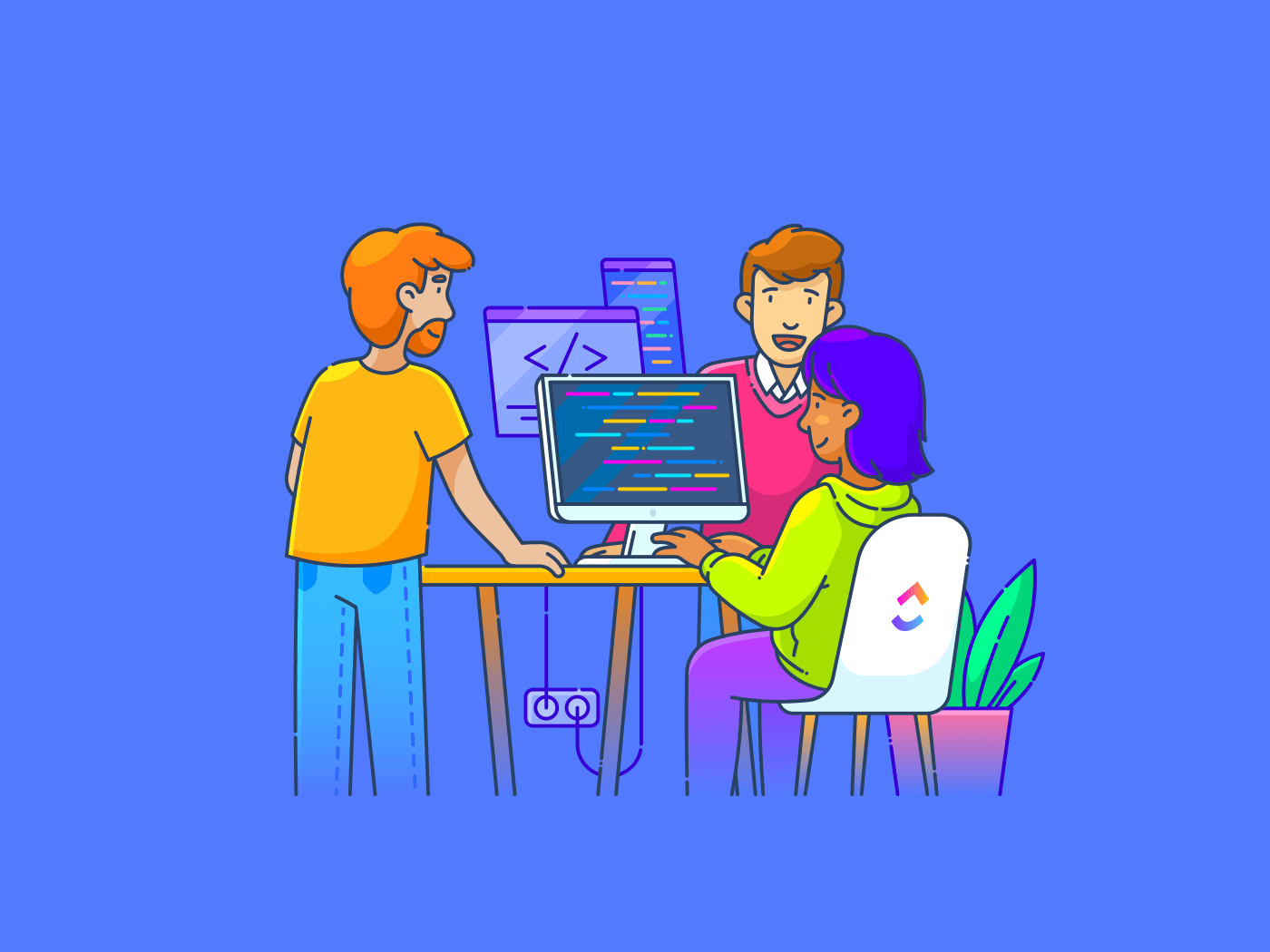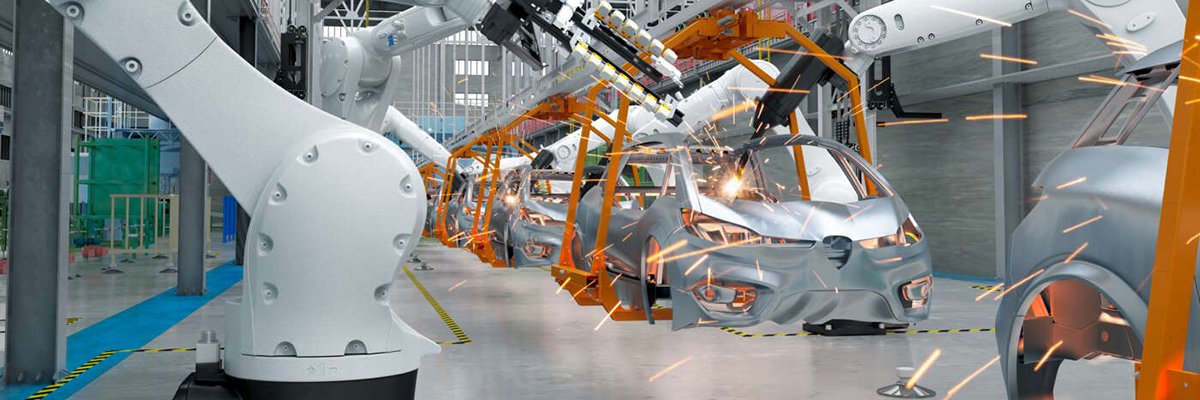Photo courtesy of Cristian Cibils Bernardes
Opinions expressed by contributors are their own.
Cristian Cibils Bernardes is pursuing a different path when it comes to AI, one whose ecosystem, so far, has been defined by efficiency and automation. His focus with AI is on emotional resonance, intergenerational connection, and the preservation of lived memory with Autograph, an earlystage company redefining how we capture and pass on personal legacies.
Cibils is introducing a new category of artificial intelligence that prioritizes meaning over productivity. Originally from Paraguay and trained at Stanford in Symbolic Systems, Cibils merges a rigorous technical background with an unusually reflective approach to technology. “I really do try to connect with the emotion that the idea of Autograph evokes and use that as a motivator,” he explains. That emotional foundation not only shapes his leadership style but also underpins a product designed to carry the essence of a person across time.
A mission shaped by loss and urgency
Autograph operates on a simple premise. Users participate in weekly phone calls with Walter, an AI historian, who helps them build a digital twin over time. This twin becomes a memory capsule that reflects the user’s voice, mannerisms, and story. “Stories are being lost every day,” Cibils says. “We have a solution for that. It’s a solved problem. Now it’s about getting the word out.”
For Cibils, this work is deeply personal. He recalls planning to interview his grandmother to document her remarkable life, which included secret communications during the war and a father who had worked with British intelligence. Just days before the scheduled interview, she suffered a stroke. “That was the moment that eventually led to Autograph,” he says. “It’s rare to have the questions you won’t get answers to written down. That loss became fuel.” This urgency drives not only the product roadmap but also the internal culture of the company. “It creates this very special bond,” he says. “We are on a mission to preserve our humanity, and that gives our team a shared sense of meaning.”
Building emotion into the core of AI
Cibils is clear that Autograph is not a productivity tool. In contrast to most AI platforms, which aim to accelerate routine tasks, Autograph aims to deepen selfawareness and emotional connection. “We are not trying to help people move faster. We are trying to help them reflect,” he says.
The company’s design philosophy is structured around emotional authenticity. “We want to emulate the triggering of those feelings digitally, but actually generate them in real life with our members,” he explains. Sentiment tracking tools monitor user wellbeing over time, but the real success metric is less quantitative. It is about creating space for honesty, introspection, and storytelling.
Autograph is not positioned as a simulation of consciousness. Cibils is careful to acknowledge its limitations. “I do think we will create a time capsule of communication that can still have an effect in the world,” he says. “But I do not pretend that my soul will live on.”
Technology that remembers you
Autograph is not just for archiving. It is also being used to transmit institutional knowledge, navigate difficult conversations, and even guide loved ones through grief. In one case, a CEO facing a terminal illness began using Autograph to share wisdom with a future successor. In another, users practiced sensitive discussions with digital versions of family members before addressing issues face to face.
“The fact that Autograph encourages you to think about the character you are playing in other people’s stories, as well as the authorship of your own, is particularly empowering,” Cibils says. The tool helps people not just remember their past, but reconsider their role in shaping the future.
These use cases point to broader implications across multiple sectors. In education, Cibils envisions personalized tutors who understand a student’s emotional and intellectual history. In relationships, people can rehearse conflict resolution or build shared digital legacies. In grief, Autograph offers comfort by preserving the voice and values of those who have passed.
Redefining humancentric AI
The company’s mission is specific yet ambitious. “To record and retell the history of humanity in every character’s own words,” Cibils says. That mission, he believes, sets Autograph apart in both intention and impact. Most importantly, the product resists becoming transactional. There are no monetization plans focused on user data. Autograph is designed to serve its members first, honoring their stories and values. “Our relationship with our impermanence is the key thing that we think about all the time,” he says. “And this is a pretty good negotiation against it.”
He’s not just building software. He is crafting a framework for remembering, for feeling, and for being known. Through Autograph, he is offering a way for humanity to talk to itself across time, generations, and the boundaries of memory.
To learn more, connect with Cristian Cibils Bernardes on LinkedIn or X.







